Home>Home Appliances>Laundry Appliances>Why Is My Washing Machine Filling Up With Water When Off
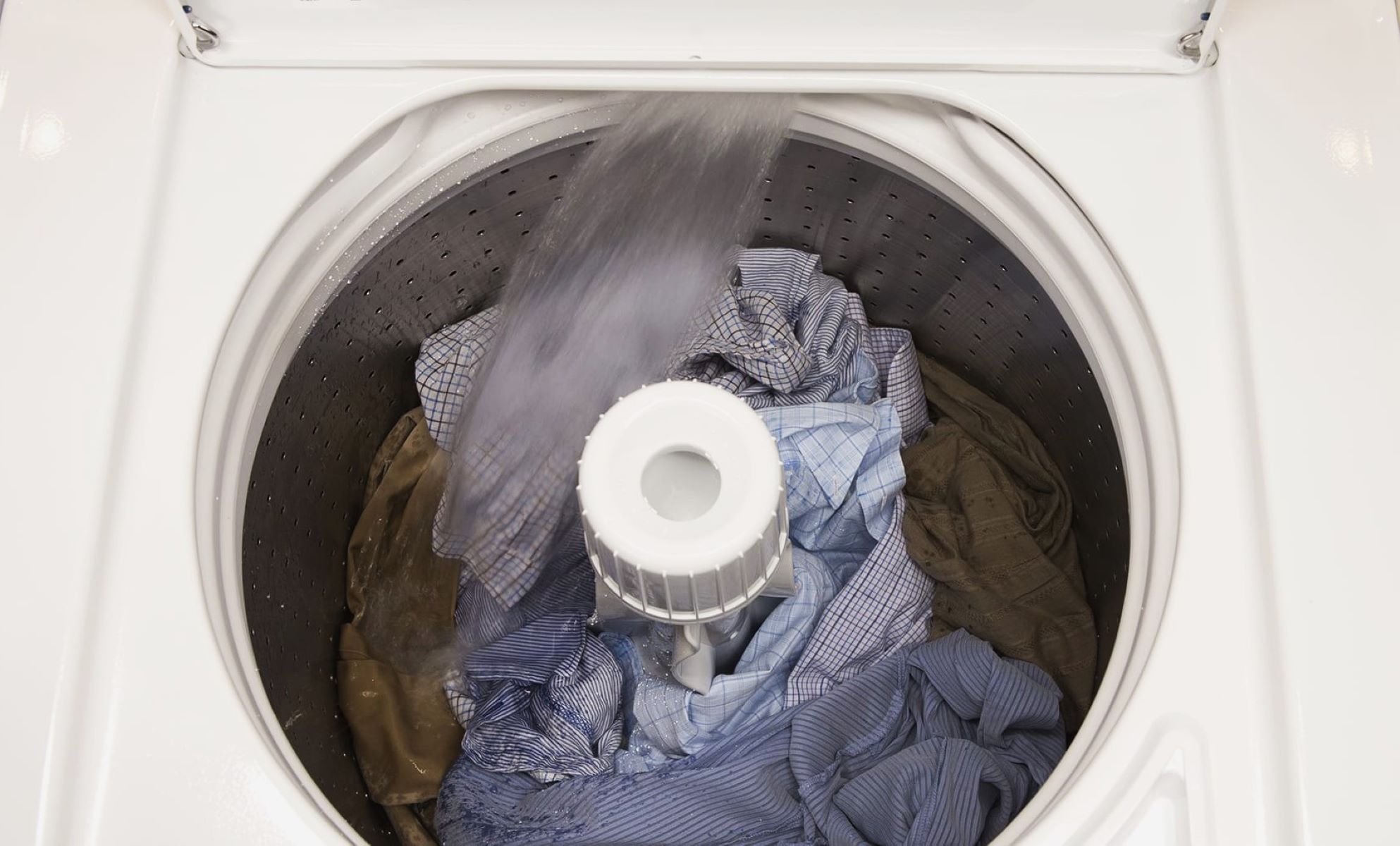

Laundry Appliances
Why Is My Washing Machine Filling Up With Water When Off
Modified: August 27, 2024
Discover the reasons behind your washing machine filling up with water when it's turned off. Get expert tips to troubleshoot this issue and keep your laundry appliances running smoothly. Explore solutions now!
(Many of the links in this article redirect to a specific reviewed product. Your purchase of these products through affiliate links helps to generate commission for Storables.com, at no extra cost. Learn more)
Common Causes of Washing Machine Water Filling When Off
Discovering your washing machine filled with water when it's supposed to be idle can be perplexing and frustrating. Several factors could contribute to this unexpected occurrence, and understanding these common causes can help you troubleshoot the issue effectively.
-
Faulty Water Inlet Valve: A malfunctioning water inlet valve is a frequent culprit behind a washing machine filling with water when not in use. This valve controls the flow of water into the machine during the wash cycle. If it fails to close completely, water may continue to trickle into the machine even when it's turned off.
-
Defective Water Level Pressure Switch: The water level pressure switch plays a crucial role in regulating the water level inside the washing machine. When this component malfunctions, it may inaccurately detect the water level, leading to overfilling even when the machine is not in use.
-
Clogged or Kinked Drain Hose: A clogged or kinked drain hose can impede the proper drainage of water from the washing machine. If the water cannot flow out efficiently, it may accumulate inside the machine, causing it to fill up unexpectedly.
-
Issues with the Drain Pump: The drain pump is responsible for expelling water from the machine during the drain cycle. If the pump is faulty or obstructed, it may fail to remove all the water, resulting in the machine filling up when it should be idle.
-
Faulty Timer or Control Board: A malfunctioning timer or control board can disrupt the normal operation of the washing machine, including the regulation of water intake and drainage. This can lead to irregular water filling and drainage patterns, causing the machine to fill with water when it's not in use.
Understanding these common causes of a washing machine filling up with water when off can empower you to identify and address the underlying issue. By systematically troubleshooting these potential culprits, you can take proactive steps to resolve the problem and restore your washing machine to its optimal functionality.
Key Takeaways:
- Troubleshoot water filling by checking valve, switch, hose, pump, and timer. Regular maintenance and prompt repairs prevent unexpected water accumulation in washing machines.
- Seek professional help if troubleshooting fails. Skilled technicians diagnose and fix complex issues, ensuring a fully operational washing machine.
Read more: Why Does My Washer Not Fill Up With Water
How to Troubleshoot a Washing Machine Filling Up with Water When Not in Use
Discovering that your washing machine is unexpectedly filling up with water when it should be idle can be a perplexing and frustrating experience. However, with a systematic approach to troubleshooting, you can identify and address the underlying issues. Here's a step-by-step guide to help you troubleshoot a washing machine that is filling up with water when not in use:
-
Inspect the Water Inlet Valve: Begin by examining the water inlet valve, which controls the flow of water into the washing machine. Check for any signs of damage or wear that may be preventing the valve from closing properly. If you notice any issues, consider replacing the water inlet valve to restore proper functionality.
-
Examine the Water Level Pressure Switch: The water level pressure switch is responsible for regulating the water level inside the washing machine. Check for any defects or malfunctions that may be causing the switch to inaccurately detect the water level, leading to overfilling. If necessary, replace the water level pressure switch to ensure accurate water level regulation.
-
Inspect the Drain Hose: A clogged or kinked drain hose can impede the proper drainage of water from the washing machine, leading to water accumulation when the machine is not in use. Thoroughly inspect the drain hose for any obstructions or kinks, and clear them to ensure unobstructed water flow during the drain cycle.
-
Check the Drain Pump: The drain pump is responsible for expelling water from the washing machine during the drain cycle. Inspect the pump for any obstructions or malfunctions that may be preventing it from effectively removing all the water. If necessary, clean or replace the drain pump to restore proper drainage functionality.
-
Evaluate the Timer and Control Board: Malfunctioning timers or control boards can disrupt the normal operation of the washing machine, leading to irregular water filling and drainage patterns. Check for any signs of malfunction in the timer or control board, and consider repairing or replacing these components as needed.
By systematically troubleshooting these potential culprits, you can take proactive steps to identify and address the underlying issues causing your washing machine to fill up with water when not in use. This approach can help you restore your washing machine to its optimal functionality and prevent further instances of unexpected water accumulation.
Preventing Water from Accumulating in a Washing Machine
Preventing water from accumulating in your washing machine is essential to maintain its optimal performance and prevent potential damage. By implementing proactive measures, you can minimize the risk of unexpected water accumulation and ensure that your washing machine operates efficiently. Here are several effective strategies to prevent water from accumulating in a washing machine:
Regular Maintenance and Inspection
Regular maintenance and inspection of your washing machine can help identify and address potential issues before they escalate. Inspect the water inlet valve, drain hose, and drain pump for any signs of wear, damage, or blockages. Additionally, clean the detergent dispenser and lint filter to prevent clogs that can impede proper water drainage.
Proper Loading and Detergent Usage
Overloading the washing machine or using excessive detergent can lead to excessive suds and water retention. Follow the manufacturer's guidelines for load capacity and detergent usage to prevent overfilling and ensure efficient water drainage during the wash and rinse cycles.
Read more: Washer Filling With Water When Off
Prompt Repairs of Malfunctions
Address any malfunctions or irregularities promptly to prevent water accumulation in the washing machine. If you notice leaks, unusual noises, or erratic water levels, seek professional repairs to rectify the issues and prevent potential water-related problems.
Regular Cleaning of the Drain Pump and Hose
Regularly clean the drain pump and drain hose to remove any debris or buildup that can impede water drainage. This proactive maintenance can prevent clogs and ensure that water is effectively expelled from the washing machine during the drain cycle.
Proper Installation and Leveling
Ensure that your washing machine is properly installed and leveled to facilitate efficient water drainage. A machine that is not level or stable may experience drainage issues, leading to water accumulation. Check the machine's level periodically and adjust it as needed to maintain proper functionality.
Timely Replacement of Worn Components
Over time, components such as the water inlet valve, drain hose, and water level pressure switch may wear out and compromise the machine's performance. Consider replacing worn or damaged components to prevent water-related issues and maintain the proper functioning of your washing machine.
By implementing these preventive measures, you can minimize the risk of water accumulation in your washing machine and prolong its lifespan. Regular maintenance, proper usage, and timely repairs are key to preventing unexpected water-related problems and ensuring that your washing machine operates smoothly and efficiently.
Seeking Professional Help for Persistent Water Filling Issues
If you've diligently attempted to troubleshoot your washing machine's persistent water filling issues to no avail, seeking professional assistance is the next logical step. Professional appliance repair technicians possess the expertise and specialized knowledge required to diagnose and address complex washing machine malfunctions effectively.
When engaging a professional for assistance with persistent water filling issues in your washing machine, it's essential to choose a reputable and experienced appliance repair service. Look for technicians who have a proven track record of resolving similar issues and are knowledgeable about a wide range of washing machine models and brands.
Upon scheduling a service appointment, the technician will conduct a comprehensive assessment of your washing machine to pinpoint the underlying causes of the water filling problem. Utilizing advanced diagnostic tools and their extensive experience, the technician will identify any faulty components, malfunctions, or irregularities contributing to the water accumulation.
Once the root causes of the water filling issues are identified, the technician will provide a detailed explanation of the necessary repairs or replacements. This transparent communication ensures that you are fully informed about the proposed solutions and the associated costs before any work commences.
Professional appliance repair technicians have access to genuine manufacturer-approved parts and components, ensuring that any replacements are of the highest quality and compatible with your specific washing machine model. By utilizing authentic parts, the technician can effectively restore your washing machine's functionality and prevent future water filling issues.
In addition to addressing the immediate concerns, a skilled technician can offer valuable insights and recommendations for optimizing the performance and longevity of your washing machine. They may provide guidance on proper maintenance practices, usage tips, and potential upgrades to enhance the efficiency of your appliance.
By entrusting the resolution of persistent water filling issues to a qualified professional, you can have peace of mind knowing that your washing machine will receive expert care and attention. The expertise and precision of a seasoned appliance repair technician can effectively rectify complex malfunctions, ensuring that your washing machine operates reliably and efficiently for years to come.
Seeking professional help for persistent water filling issues in your washing machine is a proactive step towards restoring its optimal functionality and safeguarding your investment in home appliances. With the assistance of a skilled technician, you can address the root causes of the water filling problem and enjoy the convenience of a fully operational washing machine.
Frequently Asked Questions about Why Is My Washing Machine Filling Up With Water When Off
Was this page helpful?
At Storables.com, we guarantee accurate and reliable information. Our content, validated by Expert Board Contributors, is crafted following stringent Editorial Policies. We're committed to providing you with well-researched, expert-backed insights for all your informational needs.
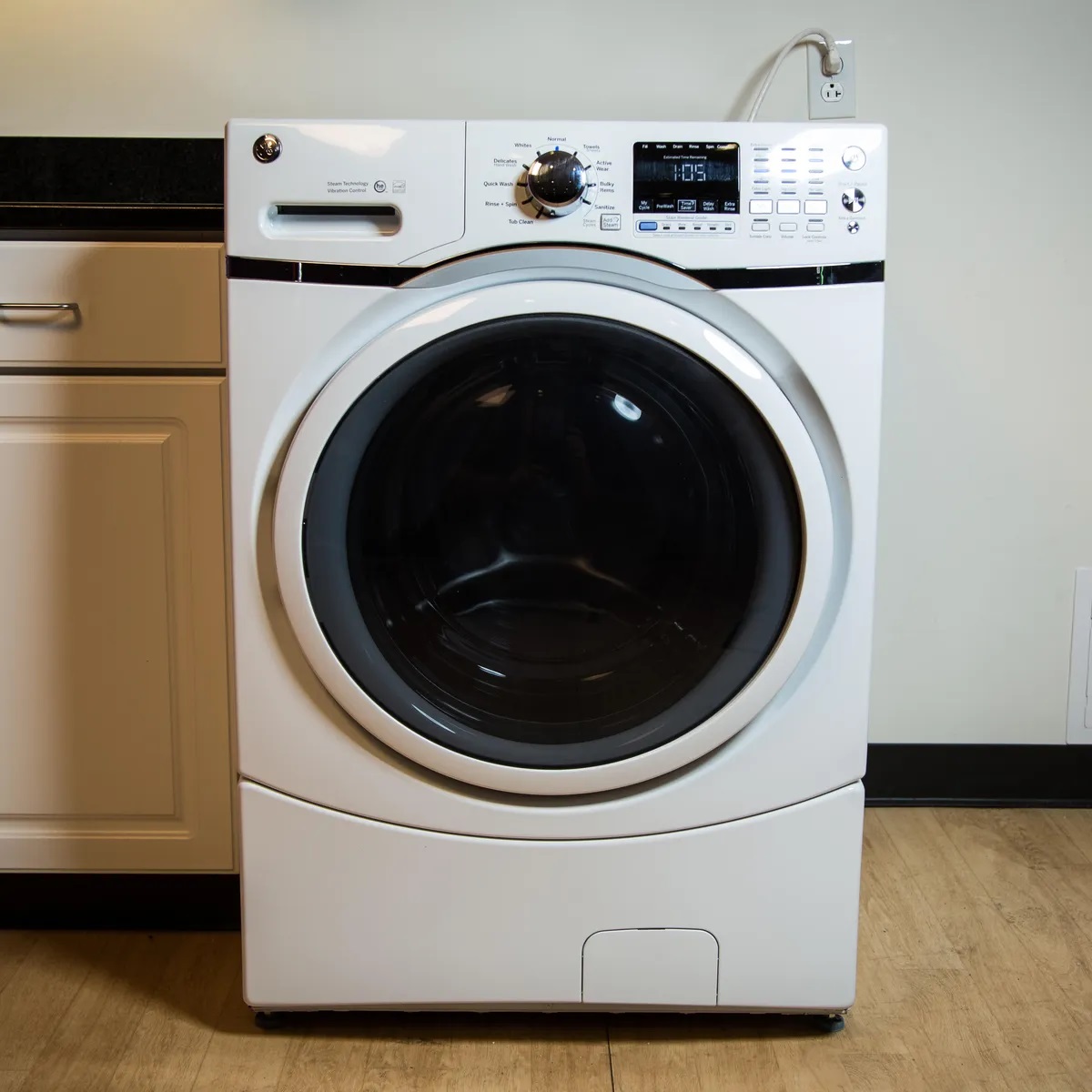
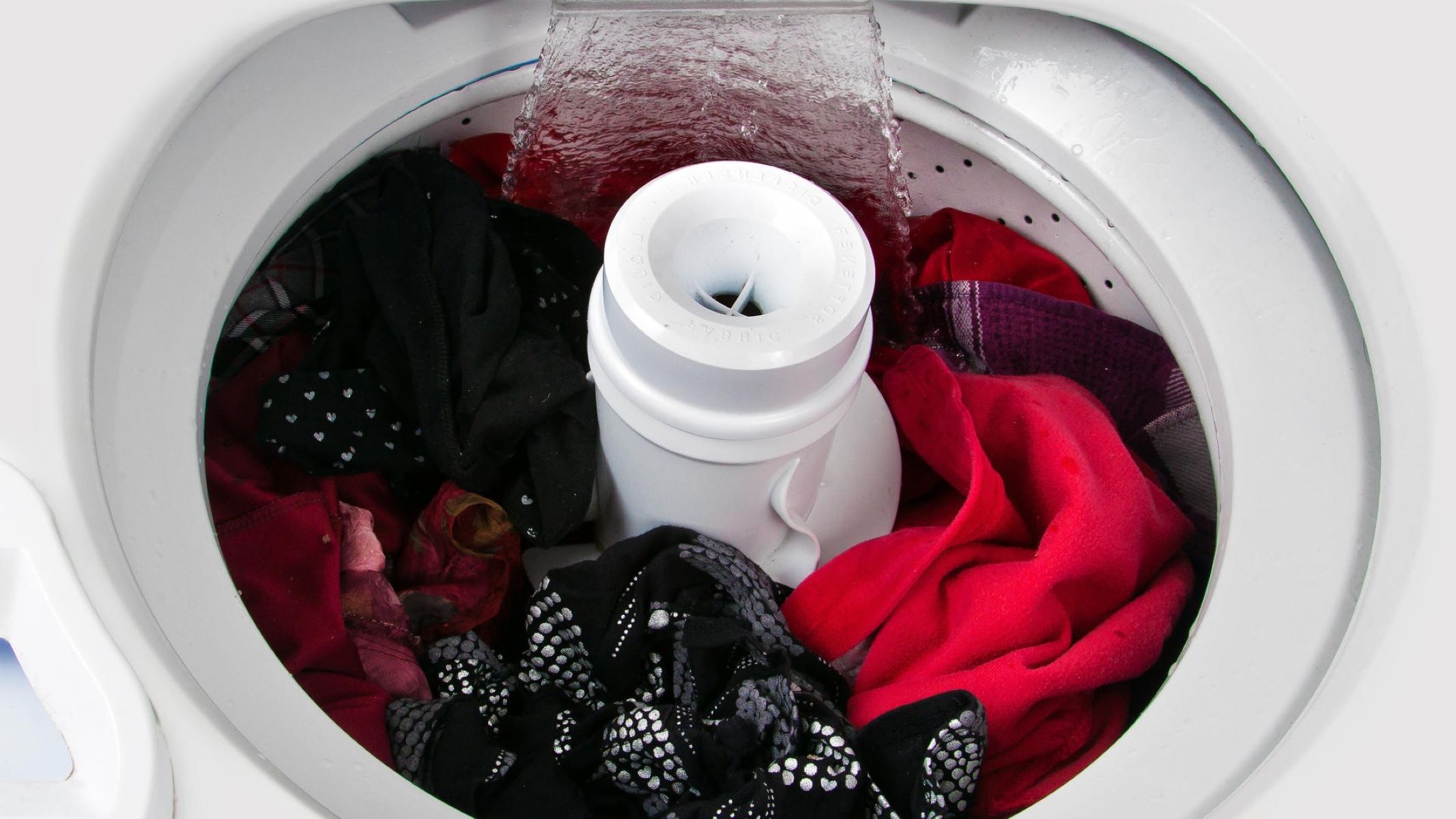
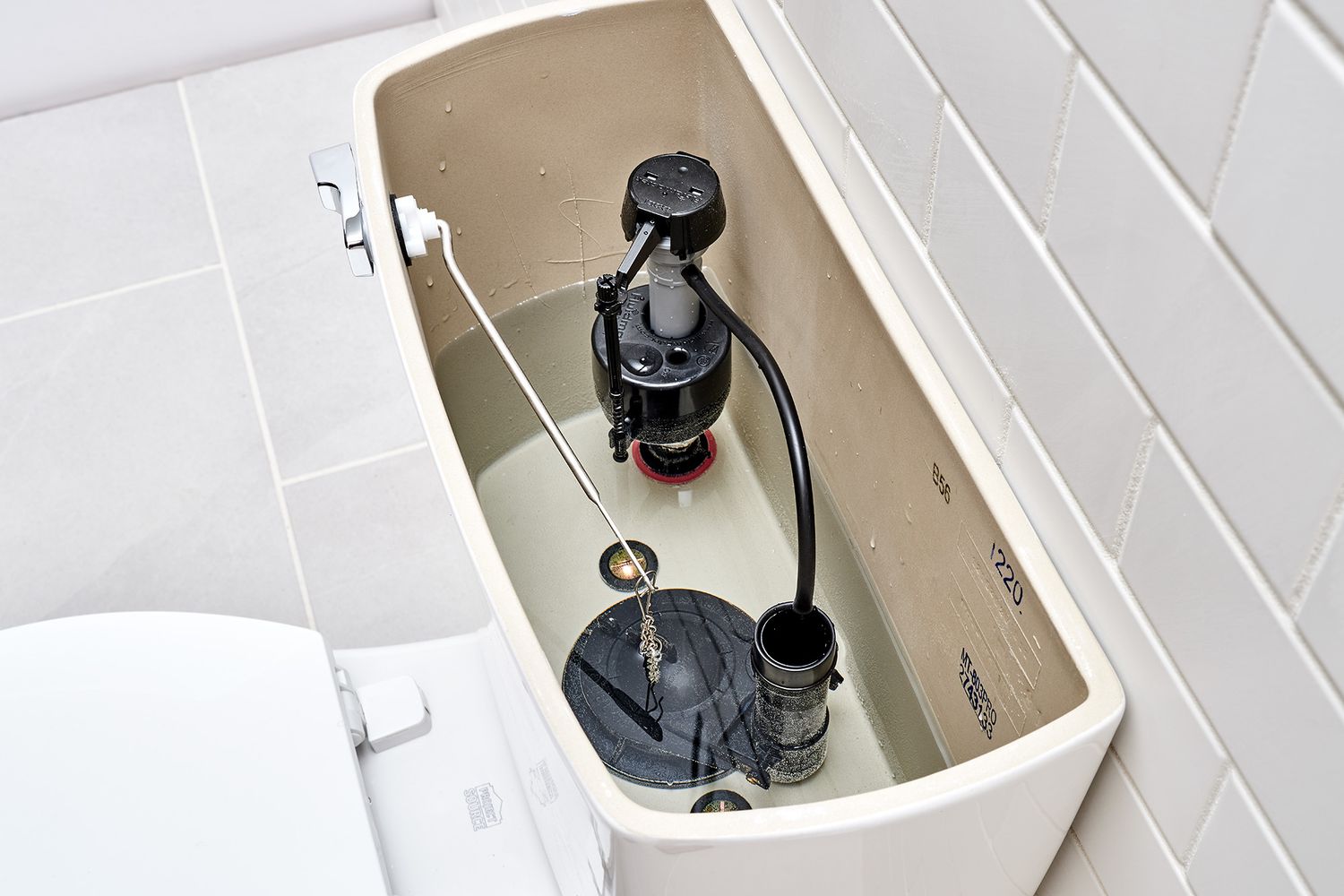
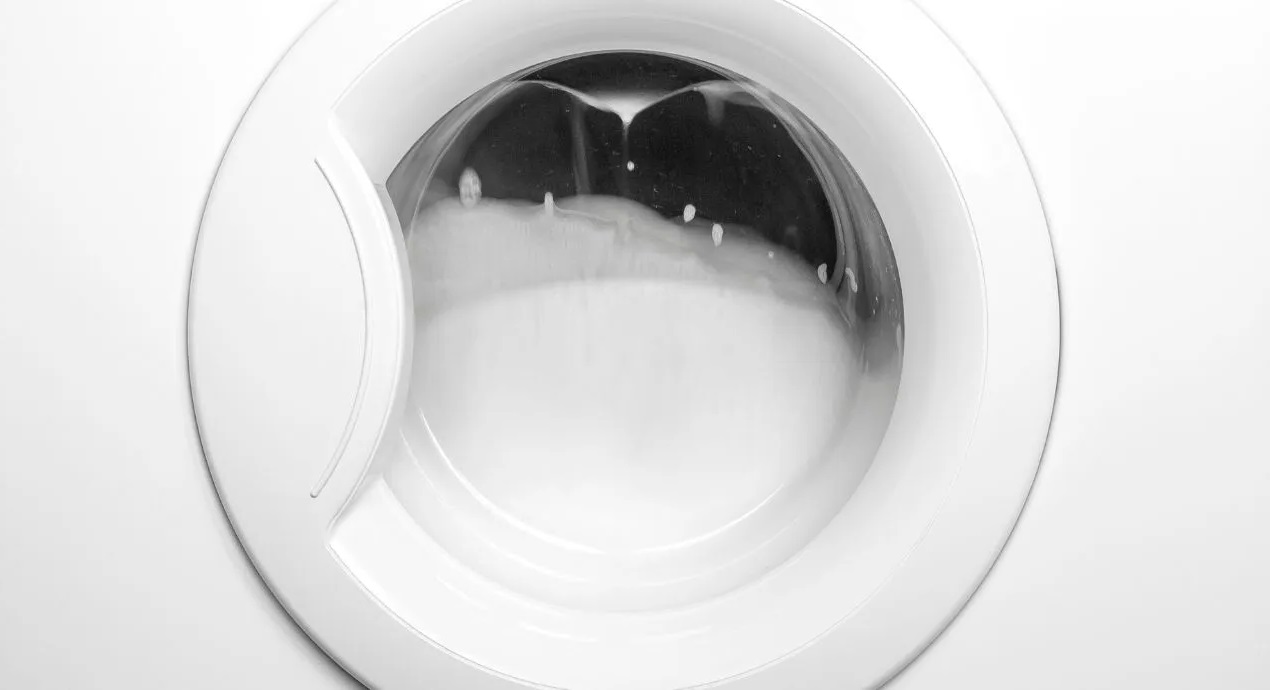
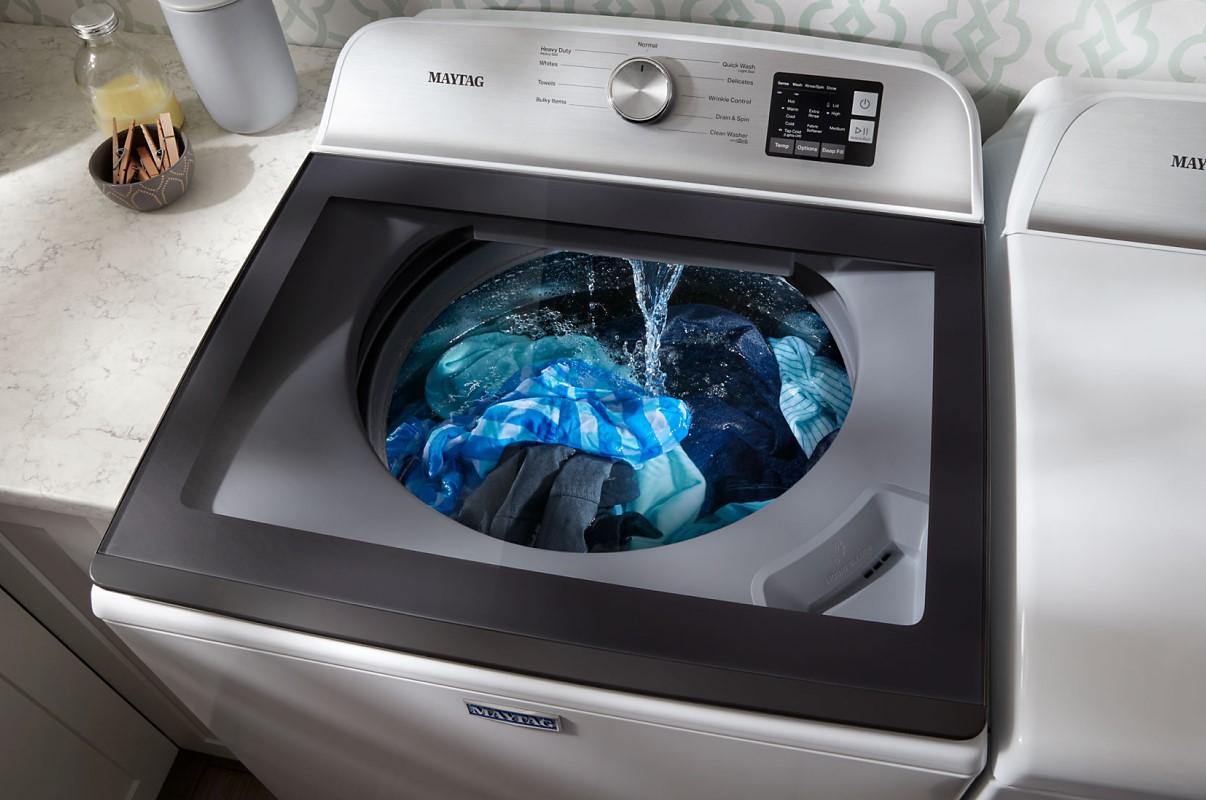
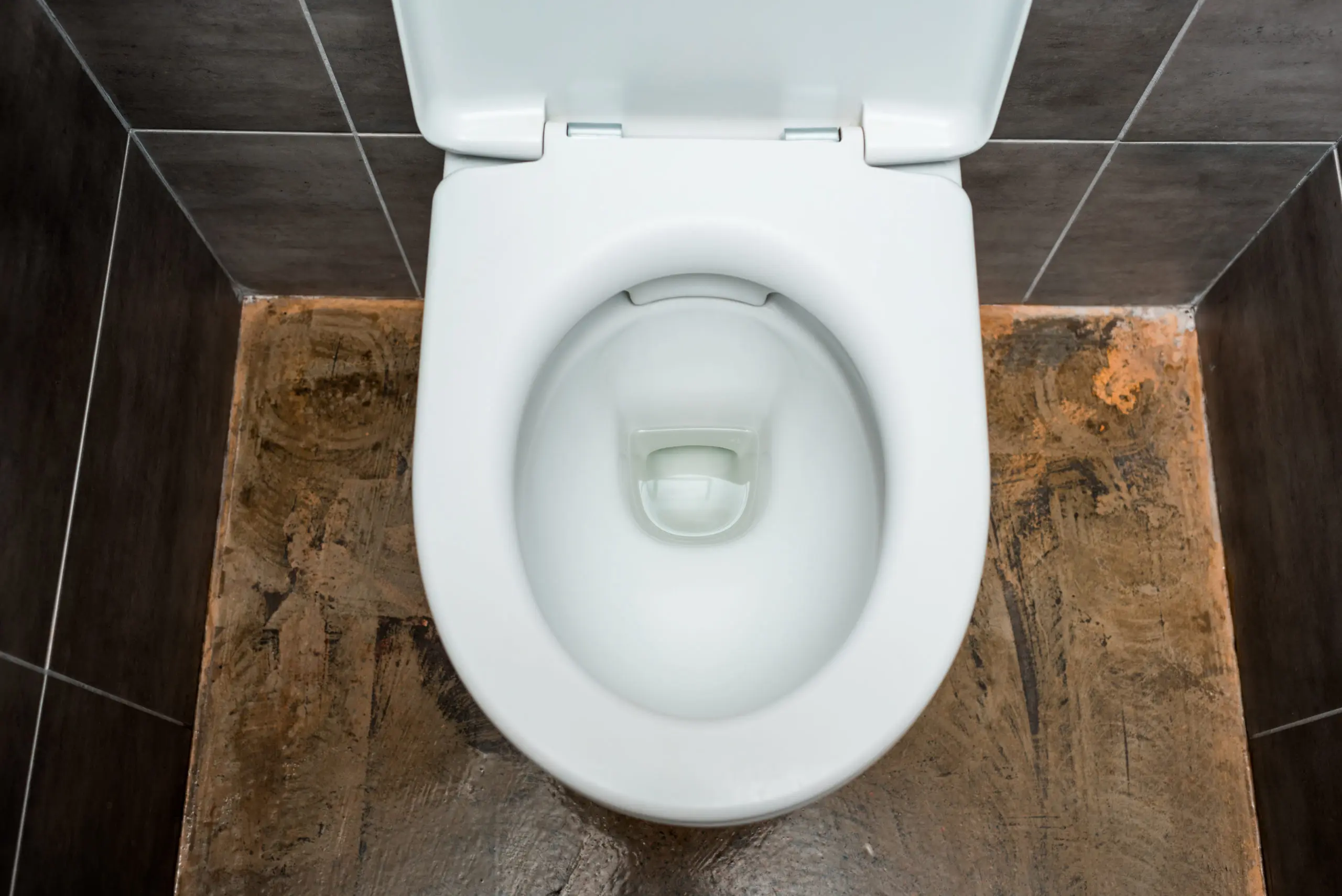
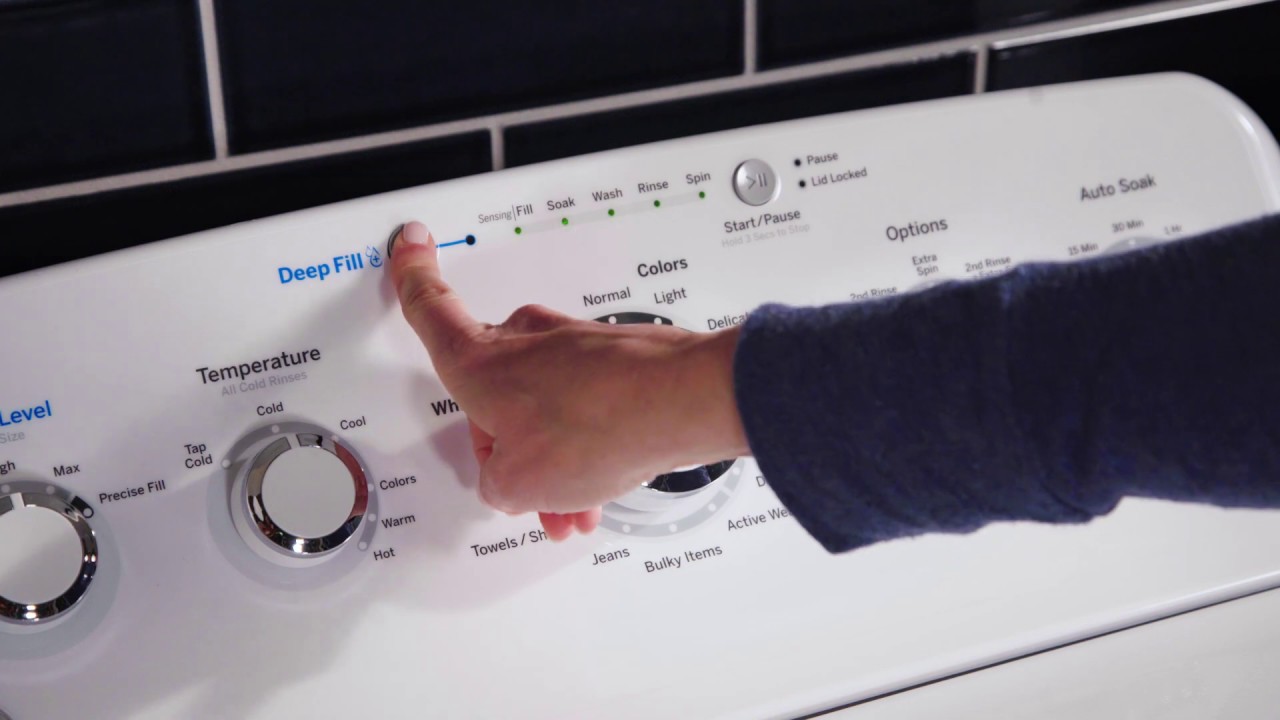
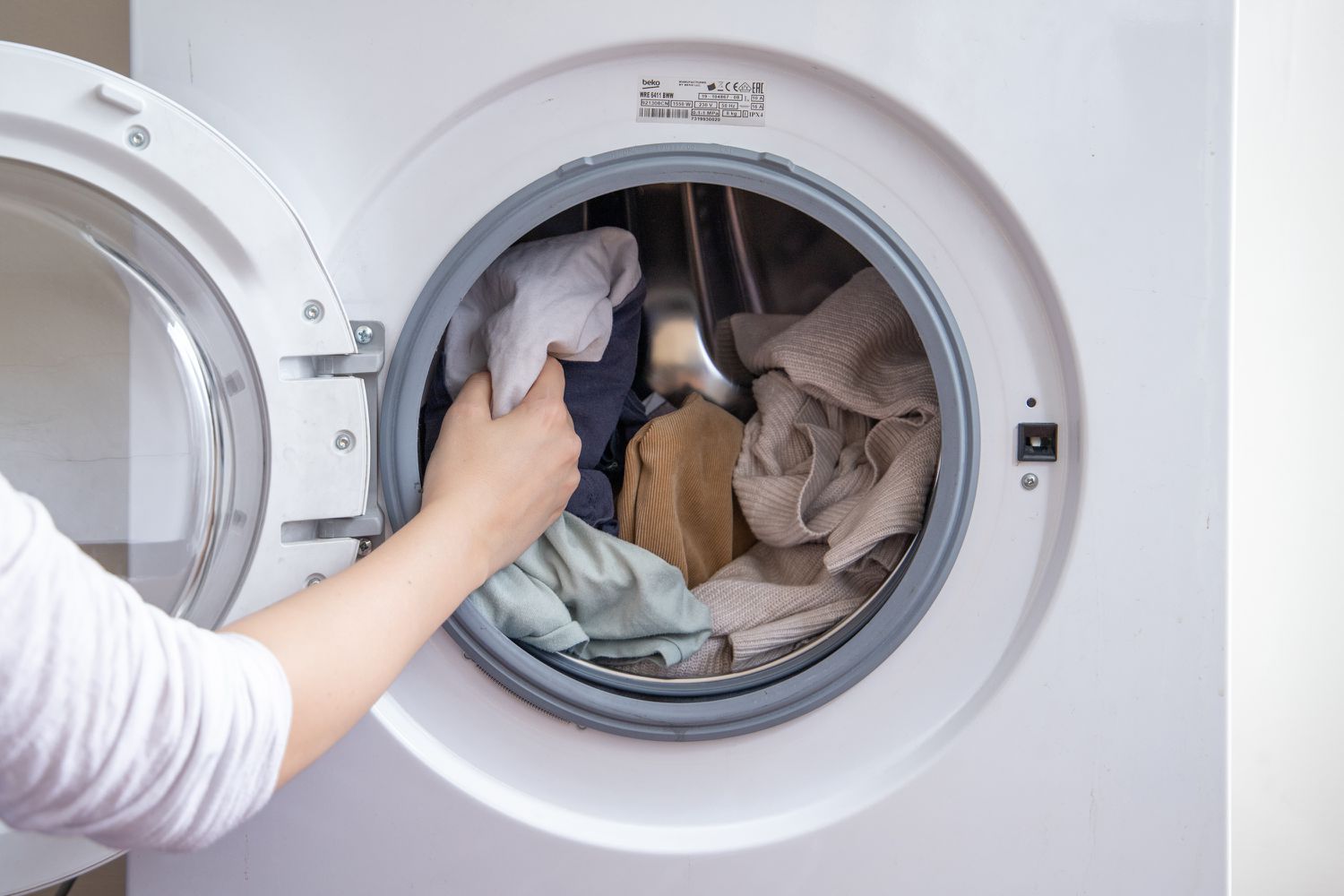
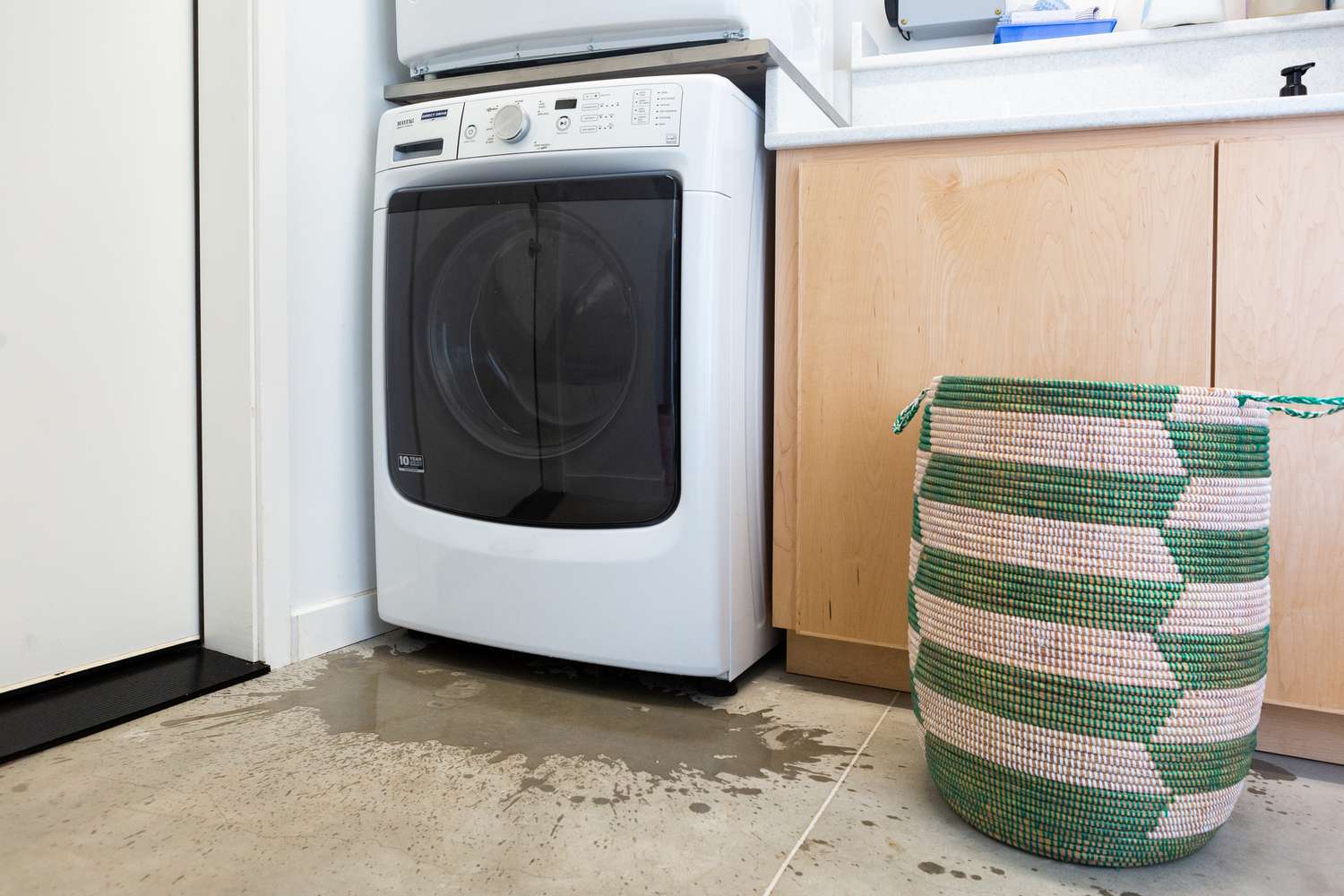
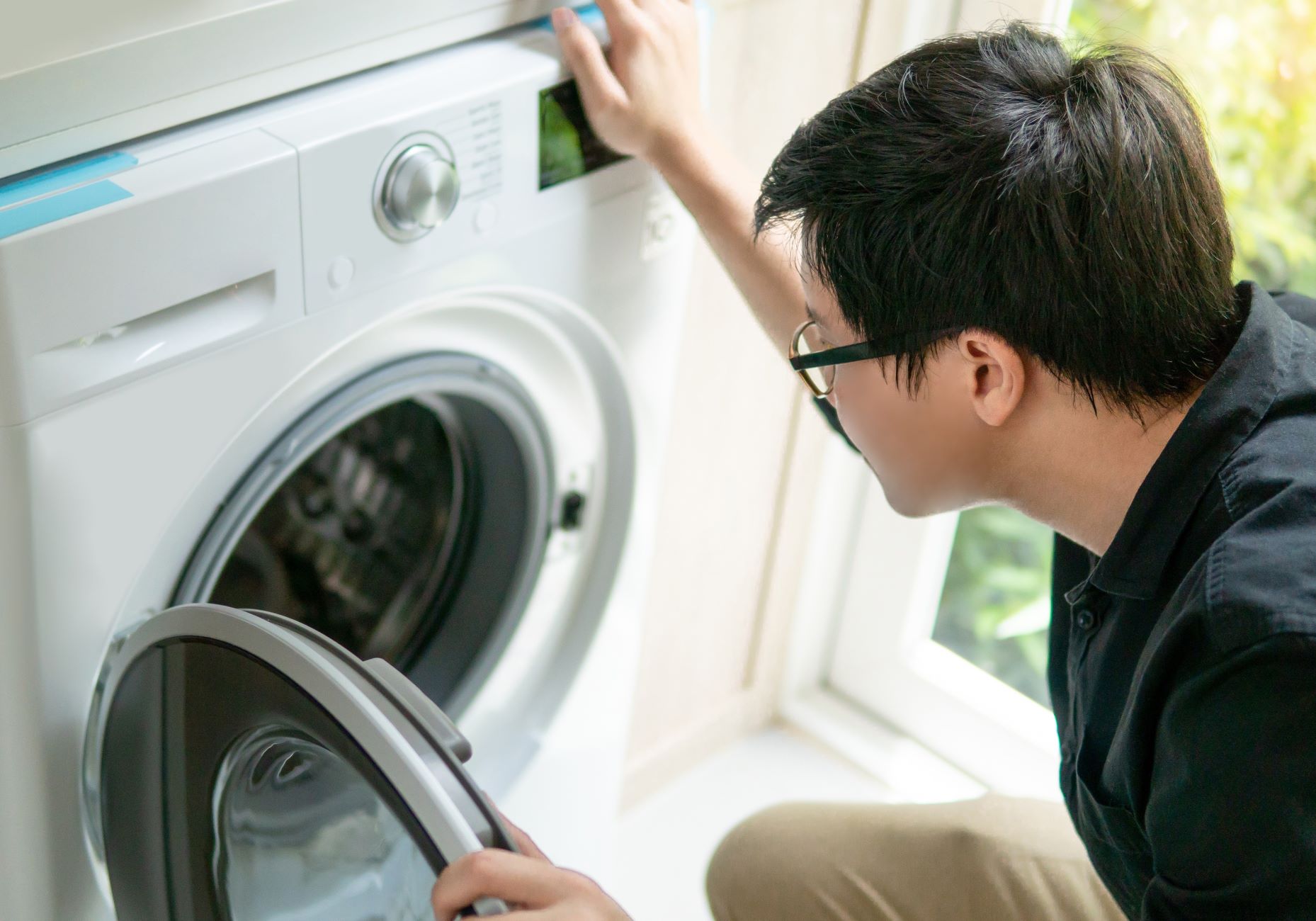
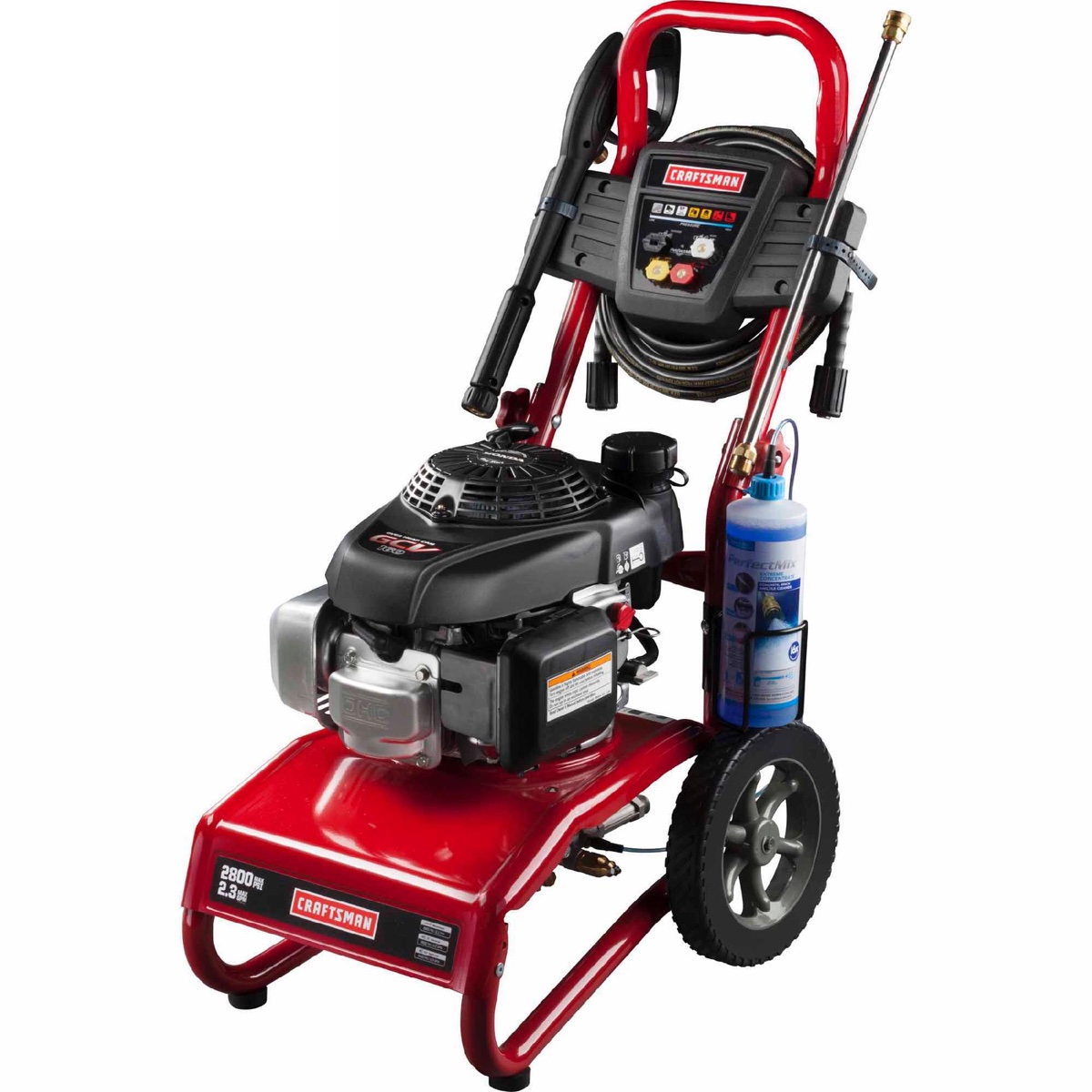
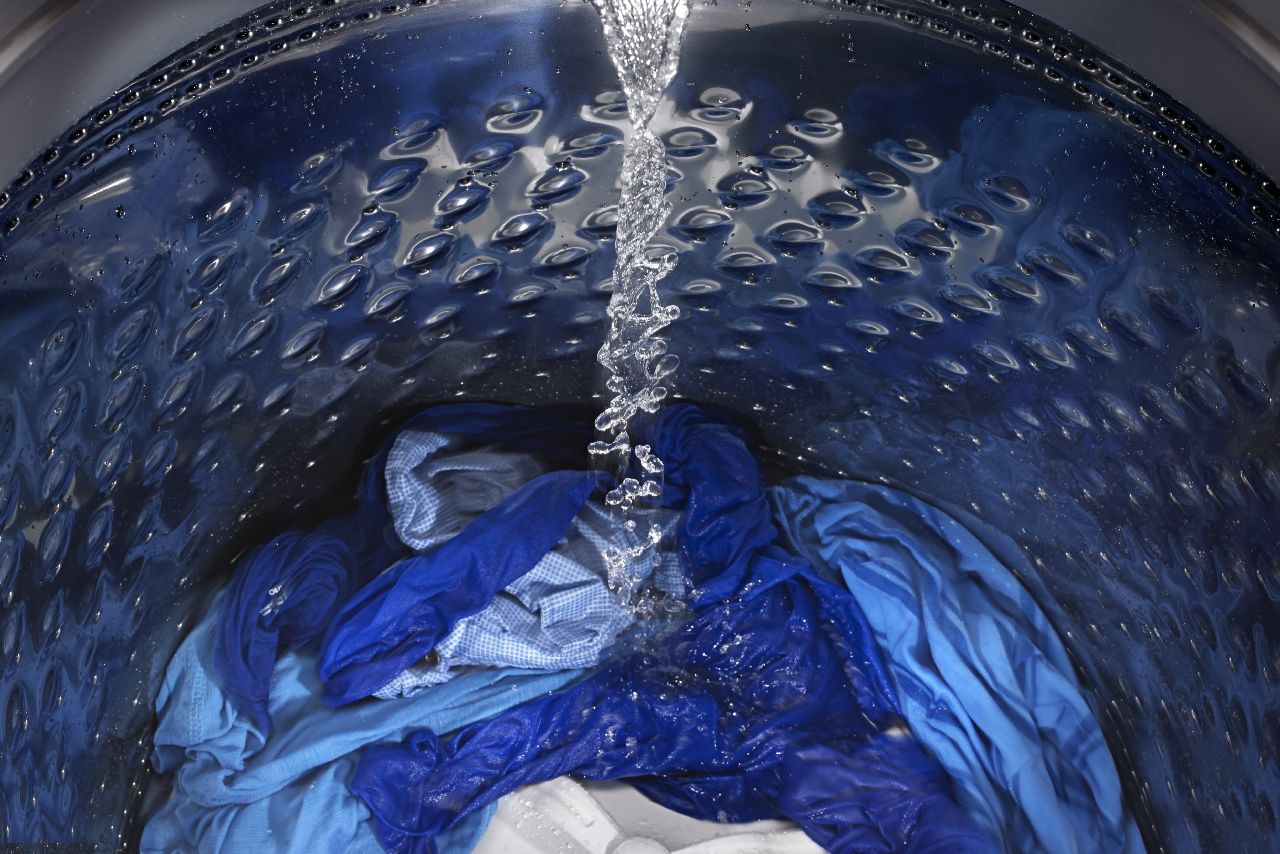
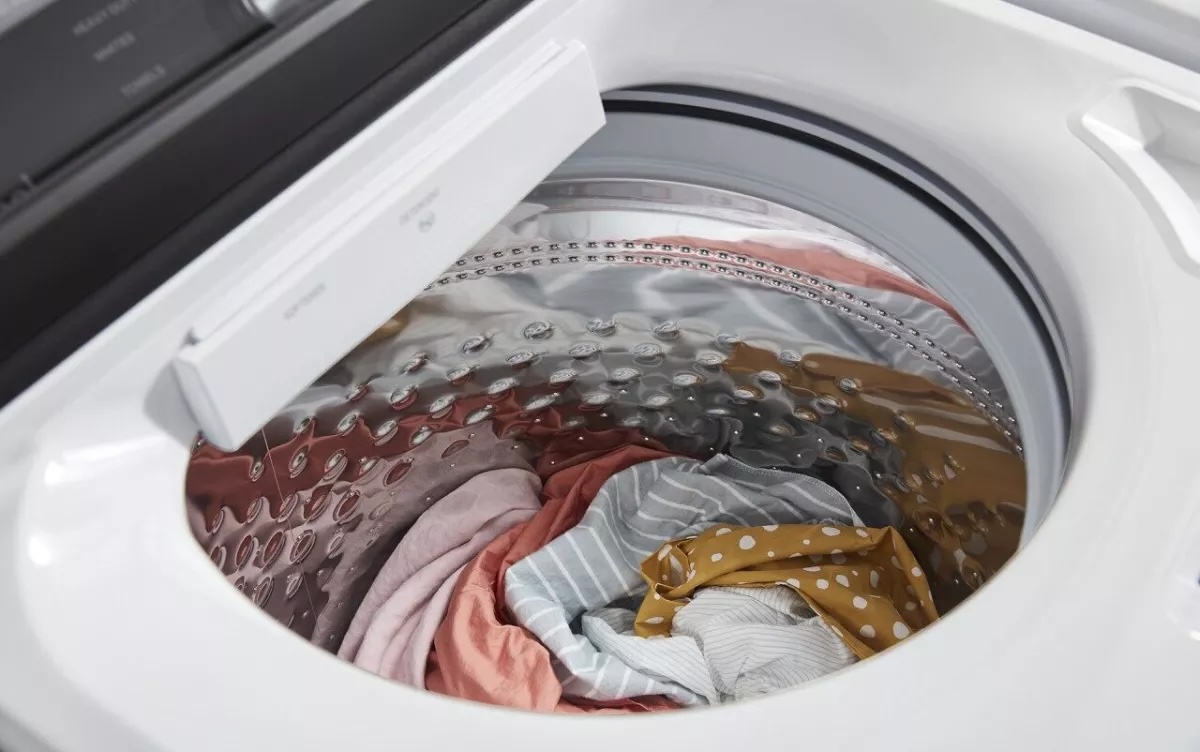

0 thoughts on “Why Is My Washing Machine Filling Up With Water When Off”